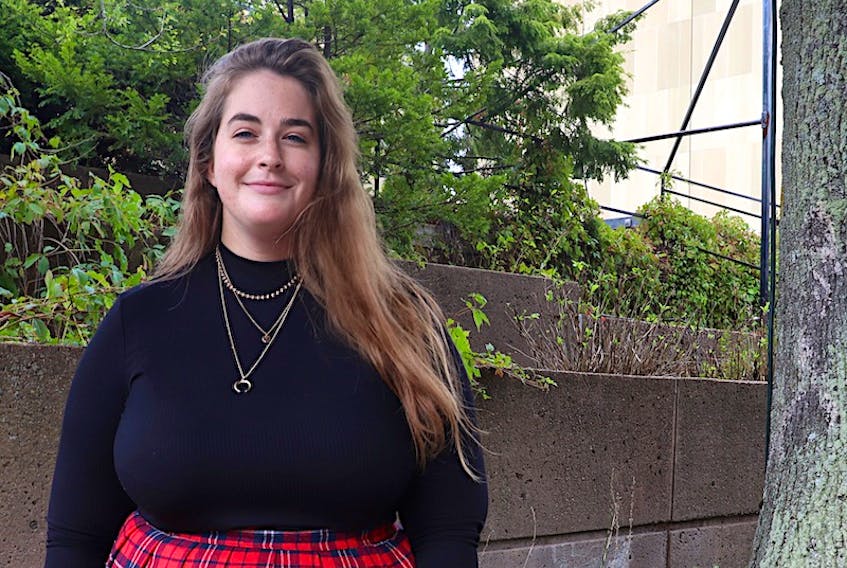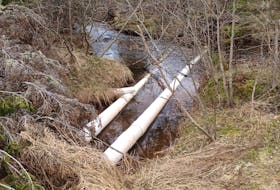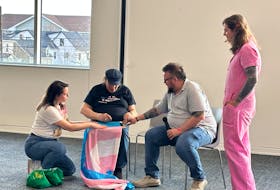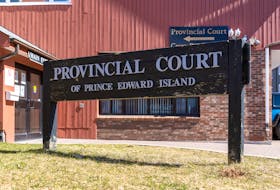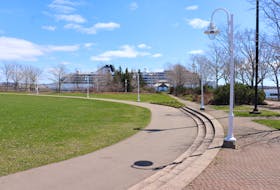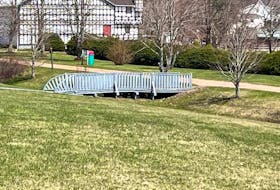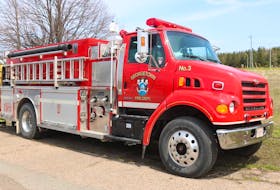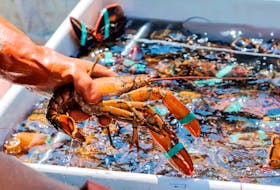Jill MacIntyre’s interest in sustainable agriculture didn’t come from being raised on a farm. It started in her second year of university.
Growing up in Summerside, the political significance of food wasn’t obvious.
However, a professor at Mount Allison University in Sackville, N.B., turned her onto the idea of food sovereignty — the concept of people who grow food taking control over their own system. MacIntyre's politics were still developing, and the idea resonated with her.
Then, between her third and fourth year, the school gave her a research grant to study food sovereignty on P.E.I. She reached out to people across the Island and interviewed 11 small-scale Island farmers and non-government organization workers.
“It was really eye-opening to be able to talk to people because there’s not usually a lot of excuses to just drive out to a farm and be like, “Hey can I ask you questions about corporate involvement in agriculture on P.E.I.?’ ”
Today, MacIntyre is a master's candidate at the University of Guelph. MacIntyre’s program allows her to live on P.E.I., so she can research the economic and political impact of farming on farmers, she said.
MacIntyre wants to focus her work on P.E.I. because it’s the community she’s most connected to and people here trust her, she said.
“I feel like it’s good in a way, in terms of checks and balances. I feel very accountable to my own community because I’m from here.”
Reg Phelan, a farmer and activist from Morell, wrote a book on Island farm history, Islanders and the land. For the past century, he said, Island farmers have been facing steadily higher costs and lower returns.
“There’s incredible squeeze and pressure ... and that’s why you have a lot of people leaving agriculture altogether.”
This pressure is to grow single yield crops using chemical fertilizers and pesticides to get the maximum profit, he said.
The result is poor soil health, which leads to problems like fish kills, he said.
“It’s pretty alarming, actually, the decline in the organic matter in the soils here and the activity.”
P.E.I.’s economic system is a good example of problems farmers face everywhere, MacIntrye said.
“On P.E.I., for example, a lot of farmers are forced into potato production. And that’s something we see all across the world where agri-businesses really force farmers into growing a certain way because they have a lot of land tenure.”
Marie Burge agrees with MacIntyre.
“The corporate sector on P.E.I. is just raging forward, and there doesn’t seem to be anything right now that can stop it,” she said.
Burge, who is involved with the Cooper Institute, a community development and public interest research organization in Charlottetown, said P.E.I. makes sense as a place where food sovereignty is possible.
“In a confined place like P.E.I., we have such a capacity for forward movement. “
The provincial government attempts at standing up to corporate power have been much like David and Goliath, she said.
“Good-meaning politicians are totally naive about the power that they’re facing.”
There is hope, though, if industry shifts from thinking in absolutes, she said. The key isn’t all or nothing but balancing and connecting the family farm with the corporate profit-making model, she said.
“We could be an island that’s mostly recognized because the predominant mode and practice of our agriculture would be organic.”

